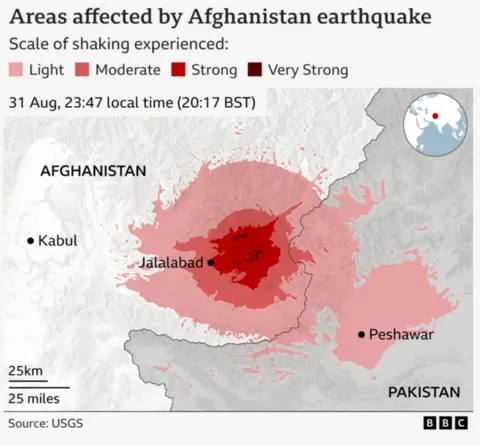New Zealand's Prime Minister Christopher Luxon has issued a formal apology to victims of care home abuse following a lengthy inquiry that has exposed one of the most significant abuse scandals in the country's history. Delivered in parliament, the historic apology comes in light of a troubling report uncovering that approximately 200,000 children and vulnerable adults experienced various forms of abuse while under state and faith-based care from 1950 to 2019. The inquiry's findings indicate that many victims belonged to Māori and Pacific communities or had mental or physical disabilities.
“I make this apology to all survivors on behalf of my own and previous governments," Luxon stated on Tuesday, describing the abuse as "horrific" and "heartbreaking." He emphasized the lifelong impact of such trauma, asserting that the government must accept responsibility for these abuses. The investigation, deemed the largest public inquiry in New Zealand's history, was conducted over six years, involving numerous interviews with survivors from care institutions.
The report detailed abuses including rape, sterilization, and forced labor. Disturbingly, it revealed that faith-based institutions often had higher rates of sexual abuse compared to state care. Efforts by civil and religious leaders to shelter abusers by relocating them held many victims from seeking justice, with some never receiving acknowledgment of their suffering.
In the wake of these revelations, the inquiry issued over 100 recommendations. These included a call for public apologies from New Zealand authorities and church leaders, along with new legislation to mandate the reporting of suspected abuse. Luxon informed the public that his government is actively addressing 28 of these recommendations and is preparing to provide a comprehensive response next year. He also announced the establishment of a National Remembrance Day on November 12, 2024, to commemorate the anniversary of his apology.
"It is on all of us to do all we can to ensure that abuse that should never have been accepted no longer occurs," Luxon remarked, reinforcing the need for systemic change in the care system. The inquiry ultimately highlighted the grim legacy of abuse, suggesting that nearly one in three individuals in New Zealand care settings experienced such trauma.
“I make this apology to all survivors on behalf of my own and previous governments," Luxon stated on Tuesday, describing the abuse as "horrific" and "heartbreaking." He emphasized the lifelong impact of such trauma, asserting that the government must accept responsibility for these abuses. The investigation, deemed the largest public inquiry in New Zealand's history, was conducted over six years, involving numerous interviews with survivors from care institutions.
The report detailed abuses including rape, sterilization, and forced labor. Disturbingly, it revealed that faith-based institutions often had higher rates of sexual abuse compared to state care. Efforts by civil and religious leaders to shelter abusers by relocating them held many victims from seeking justice, with some never receiving acknowledgment of their suffering.
In the wake of these revelations, the inquiry issued over 100 recommendations. These included a call for public apologies from New Zealand authorities and church leaders, along with new legislation to mandate the reporting of suspected abuse. Luxon informed the public that his government is actively addressing 28 of these recommendations and is preparing to provide a comprehensive response next year. He also announced the establishment of a National Remembrance Day on November 12, 2024, to commemorate the anniversary of his apology.
"It is on all of us to do all we can to ensure that abuse that should never have been accepted no longer occurs," Luxon remarked, reinforcing the need for systemic change in the care system. The inquiry ultimately highlighted the grim legacy of abuse, suggesting that nearly one in three individuals in New Zealand care settings experienced such trauma.






















